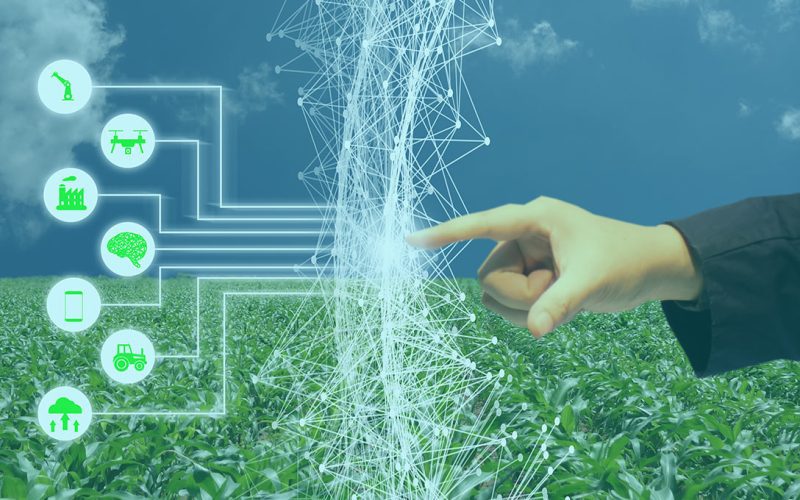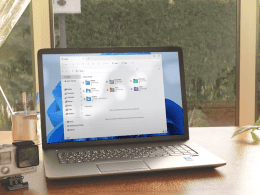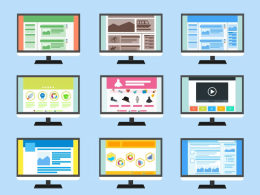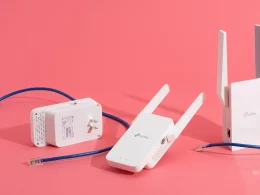Introduction
Enhancing soil monitoring with smart sensors for precision agriculture is crucial in modern farming practices. By utilizing IoT technology, farmers can gather real-time data on soil health, moisture levels, and nutrient content. This data allows for more precise and efficient application of fertilizers and irrigation, leading to improved crop yield and quality.
Furthermore, smart sensors can help farmers identify areas of the field that may require additional attention, such as soil compaction or nutrient deficiencies. By addressing these issues promptly, farmers can prevent crop damage and optimize their overall production.
Incorporating IoT technology in smart farming solutions not only enhances soil monitoring but also improves crop yield. By having access to accurate and up-to-date information, farmers can make informed decisions that result in healthier crops and increased profitability.
Drones for Field Surveillance
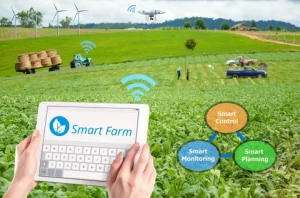
Drones have revolutionized field surveillance in agriculture by providing farmers with a bird’s eye view of their crops. These unmanned aerial vehicles can cover large areas of land quickly and efficiently, allowing farmers to identify potential issues such as pest infestations, disease outbreaks, or irrigation problems.
By maximizing efficiency and accuracy in smart farming, drones enable farmers to take proactive measures to protect their crops and optimize their yield. With the help of IoT technology, farmers can integrate drone data with other sources of information, such as weather forecasts and soil health data, to make data-driven decisions that benefit their operations.
Weather Prediction Systems
The role of IoT in agriculture extends to weather prediction systems, which play a crucial role in determining crop yield and quality. By leveraging IoT technology, farmers can access real-time weather data and forecasts that are specific to their location, allowing them to make informed decisions about planting, harvesting, and irrigation.
IoT in Agriculture optimizes crop yield through advanced weather forecasting, enabling farmers to mitigate the impact of extreme weather events, such as droughts or heavy rainfall. By utilizing weather prediction systems, farmers can reduce crop losses, increase efficiency, and ultimately improve their bottom line.
Remote Equipment Management
Enhancing efficiency through remote equipment monitoring is another key benefit of IoT technology in agriculture. By equipping farm equipment with sensors and connectivity, farmers can remotely monitor and control machinery, reducing downtime and optimizing resource management.
By utilizing IoT technology, farmers can track equipment usage, maintenance schedules, and fuel consumption, allowing them to make data-driven decisions that improve operational efficiency. Remote equipment management not only saves time and labor but also reduces costs and increases overall productivity.
Predictive Analytics for Yield Optimization
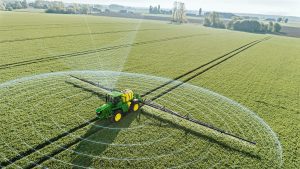
Enhancing crop production through IoT technology is essential for modern farming practices. By collecting and analyzing data from various sources, such as soil sensors, weather forecasts, and drone surveillance, farmers can gain valuable insights into their operations and make informed decisions to optimize yield.
Utilizing data analytics for optimal yield in agriculture allows farmers to identify trends, patterns, and potential risks that may impact their crops. By leveraging predictive analytics, farmers can adjust their practices in real-time to maximize crop production, reduce waste, and increase profitability.
IoT-enabled Greenhouses
Enhancing crop yield through IoT-enabled Greenhouses is a game-changer in modern agriculture. By integrating IoT technology into greenhouse operations, farmers can monitor and control environmental factors such as temperature, humidity, and light levels, creating an optimal growing environment for their crops.
Efficiency in resource management with IoT in Agriculture allows farmers to reduce water and energy consumption, minimize waste, and increase overall productivity. By utilizing IoT-enabled Greenhouses, farmers can produce high-quality crops year-round, regardless of external weather conditions, leading to a more sustainable and profitable operation.
Blockchain for Agricultural Traceability
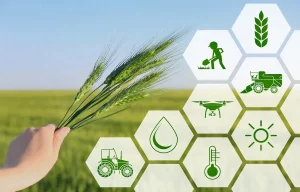
Enhancing transparency in agricultural supply chain with blockchain technology is crucial for building consumer trust and ensuring food safety. By utilizing IoT solutions, farmers can track and trace the entire journey of their products, from seed to table, providing consumers with accurate information about the origin and quality of their food.
Improving efficiency and productivity in smart farming through IoT solutions allows farmers to streamline their operations, reduce costs, and increase profitability. By implementing blockchain for agricultural traceability, farmers can enhance their brand reputation, meet regulatory requirements, and access new markets that value transparency and sustainability.






